No matter what type of strategy you use to generate wealth, you need a system where you are fully informed. You need the ability to make your own decisions. It is risky to rely on somebody else to tell you that a particular product is a good investment. You need to be able to analyse that investment and determine for yourself whether the product is a good investment.Get educated. Be an informed investor. Have the ability to do the numbers and make your own decision as to whether an investment or business is going to give you the returns you are seeking. Get educated so you know how to do this. We go to university and study for a minimum of three years for many careers and then think we need no education and commit hundreds of thousands of dollars to an investment. If it is one of your goals to achieve financial freedom, I would highly recommend setting up personal financial statements to monitor your personal financial results. Most businesses have a Balance Sheet and a Profit and Loss Statement. The Balance Sheet illustrates the financial state of the business at balance day. In other words, if all the assets of the business were sold, and then all the debts were paid off, what would be left? This is the owner’s equity, or the actual value of the business the owner owns once the debt has been paid off. It shows how financially stable a business is, or it’s ability to generate wealth or value. The second common report a business creates is a Profit and Loss Statement. The purpose of a Profit and Loss Statement is to determine whether, as a result of their trading operations, the business has made a profit or a loss. It also provides a summary of the various expense and revenue items for a period and is therefore a useful tool for decision making. What I find interesting is that most businesses have a Balance Sheet and Profit and Loss Statement. Businesses know the importance of knowing both the current financial state and financial performance of a business. If financial statements are important to a business, they are also important for you personally. After all, you are a business. You have a primary aim; you have goals or targets. You need to know the current financial state and performance of yourself in relation to achieving your Primary Aim. We need to start applying these same disciplines to yourself. My husband and I have a Personal Balance Sheet and a Personal Cash Flow (or Income) Statement. We update our Balance Sheet whenever there is a significant change in our personal assets or liabilities for example the purchase of an additional investment property, re-financing of investment loans. We update our Personal Cash Flow Statement whenever there is a significant change in our personal income or expenses, for example interest rate changes, rental increases, fixed wage changes. I use our Personal Cash Flow Statement to set our business revenue targets. To me there is a very strong relationship between the achievement of my Primary Aim and our personal financial statements. There is also a very strong relationship between your Balance Sheet and your Cash Flow Statement. If you want to become financial independent, you need to buy assets that will increase your cash flow; for example property is an asset because it improves your cash flow in the way of rent. However, a boat would not appear on your Balance Sheet as it does not improve your cash flow. In fact, it would probably drain your cash flow in the way of fuel, mooring expenses, etc. I need to work backwards. What date do I want to be financial independent by? What financial state (Personal Balance Sheet) do I require to be financially independent? What do we require our financial performance (Personal Cashflow Statement) to be to be financially independent? What passive cashflow do I need to generate through my business to achieve that financial performance? How many investment properties do we need to purchase to achieve that financial state and generate that income? What personal cashflow do I require to live the lifestyle of my Primary Aim? Because we have these personal financial statements set up, we do not need to rely on anyone else to tell us whether an investment is a good investment. We can drop the figures into our spreadsheet to see what impact it will have on our cash flow. If the investment does have a negative impact on our cash-flow (for example a negative geared property), as long as we have done our research properly and believe we have purchased a well located property that will go up in capital value over time, we may be happy to accept a short-term negative cash-flow. The point is, we are using our own financial tools to assess an investment rather than relying on somebody else to tell us it is a good investment. We can take their figures and drop them into our own spreadsheets, which makes us fully informed, rather than relying on someone else’s opinion. My Primary Aim requires financial independence so I must have personal financial statements to monitor my progress and help me set regular targets.





















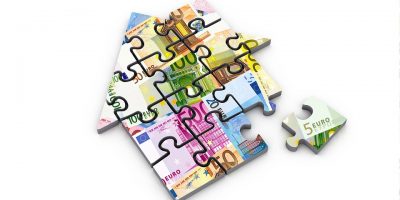

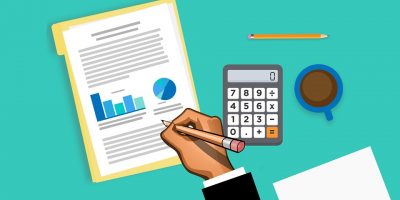
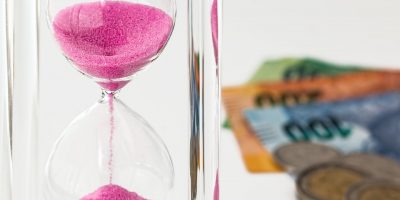






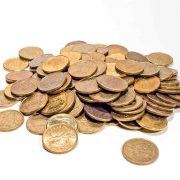


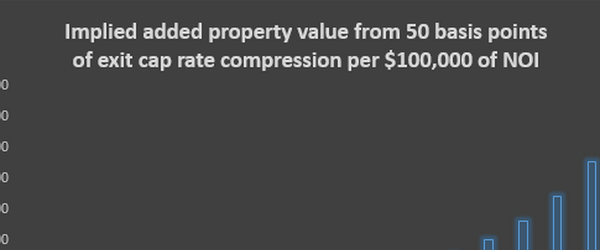
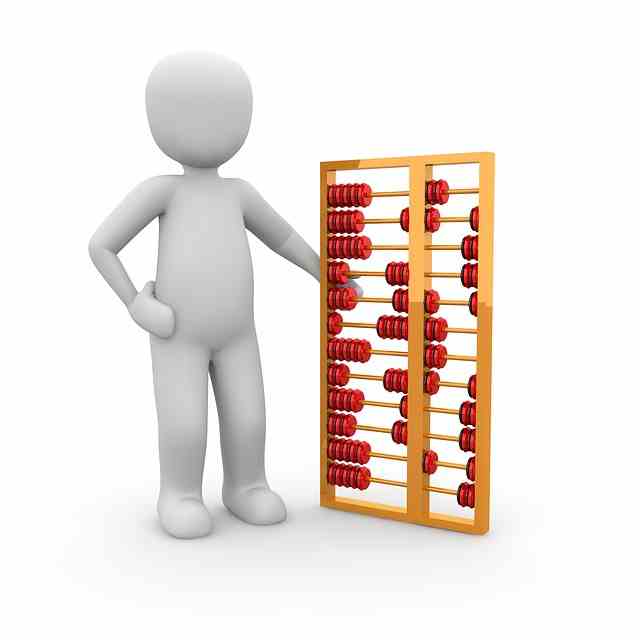

Comments